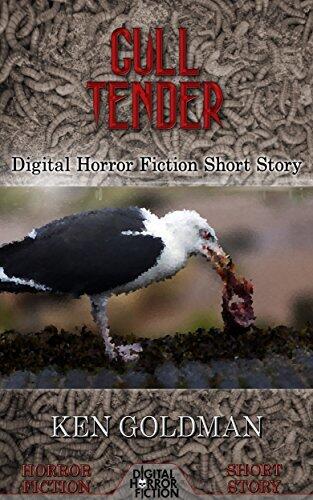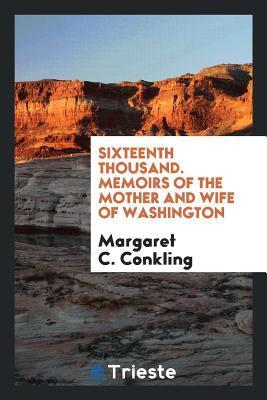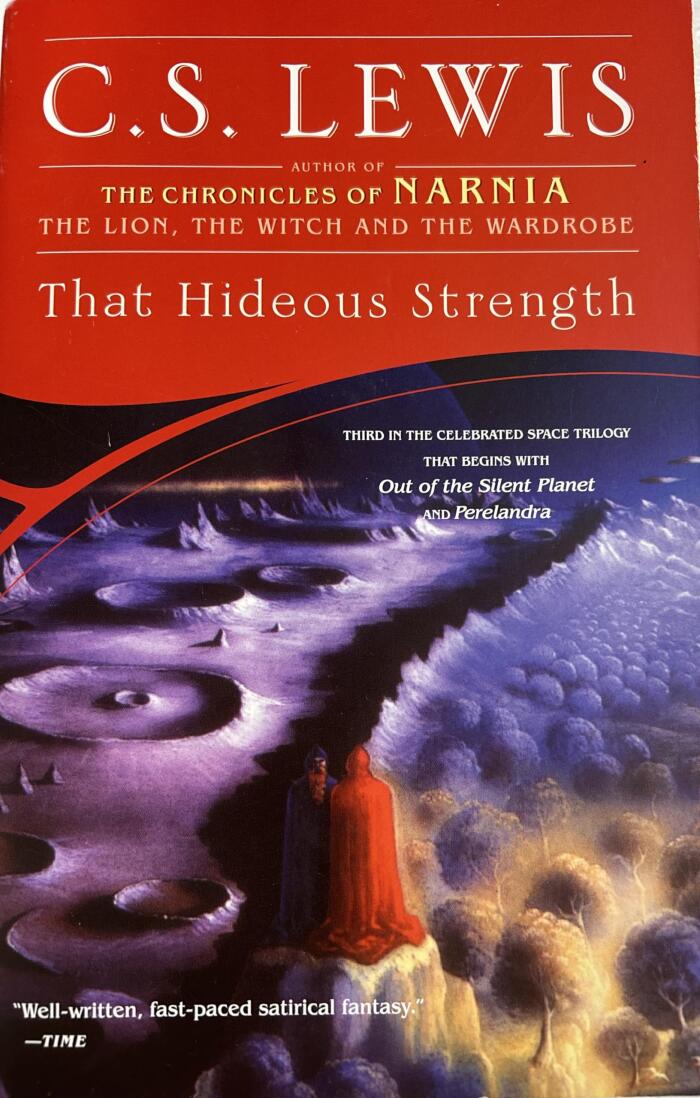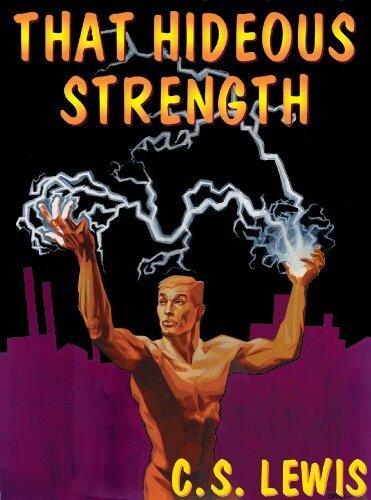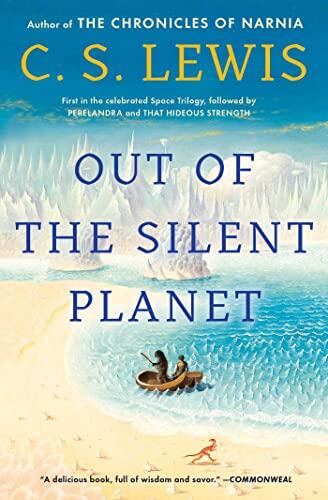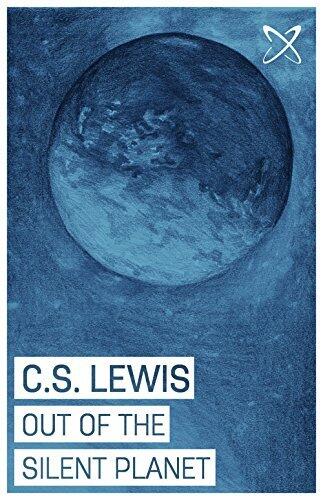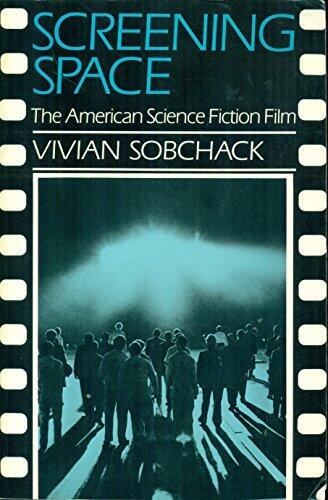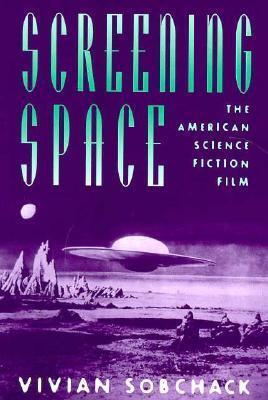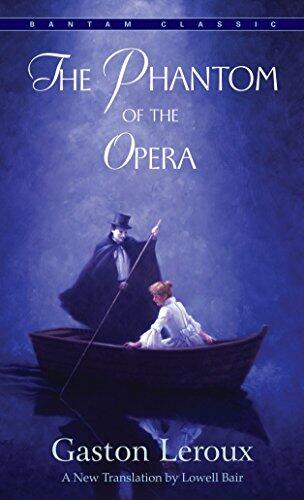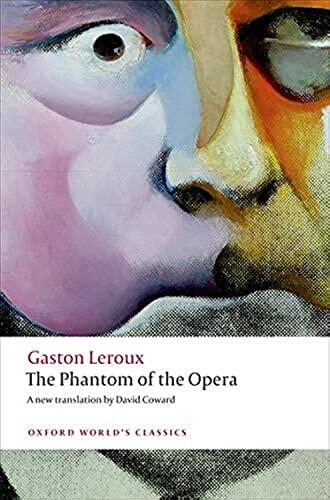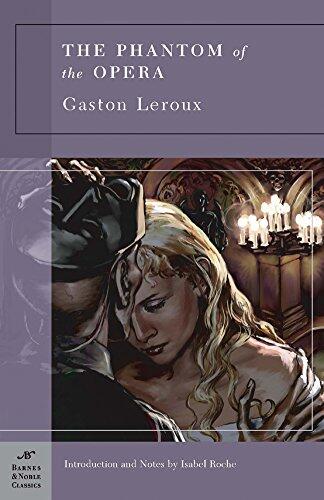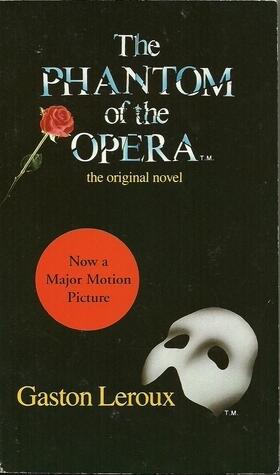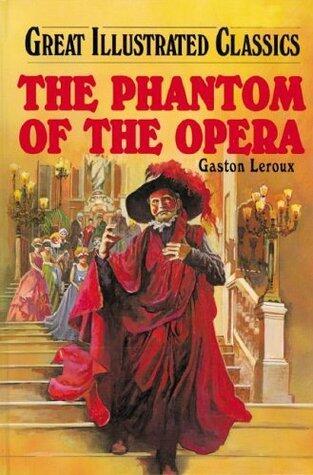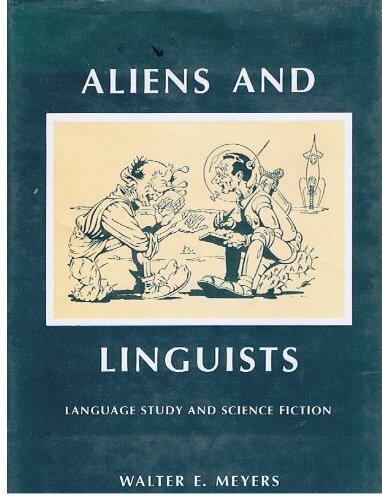
Aliens and Linguists: Language Study and Science Fiction
还没有评分
Science Fiction
History
格式
精装书
页数
270
语言
英语
已发布
Jan 1, 1980
出版商
Univ of Georgia Pr
版本
First Edition
ISBN-10
0820304875
ISBN-13
9780820304878
描述
In a fascinating exploration of the intricate relationship between language and science fiction, this work delves into how alien languages can influence and reflect human communication. Walter Earl Meyers invites readers on a journey through time, examining the evolution of the English language while projecting its possible future adaptations through the lens of speculative fiction.
Drawing connections between linguistic theories and imaginative narratives, the author invites linguists and sci-fi enthusiasts alike to ponder how extraterrestrial influences could reshape human languages. Through engaging analysis, Meyers presents scenarios where fictional alien tongues challenge traditional linguistic structures, igniting the imagination and expanding the horizons of both fields.
As he weaves together history and futurism, the text offers insights into how language is not only a tool for communication but also a medium for expressing cultural identity and exploring the unknown. Readers are left to contemplate the potential consequences of encountering new forms of intelligence and the ways language can transcend earthly boundaries.
This book serves as a thought-provoking manifesto, encouraging a re-examination of both our linguistic heritage and the imaginative realms of science fiction. The interplay between these disciplines invites deeper understanding and appreciation for both human language and the vast possibilities that lie in the cosmos.
Drawing connections between linguistic theories and imaginative narratives, the author invites linguists and sci-fi enthusiasts alike to ponder how extraterrestrial influences could reshape human languages. Through engaging analysis, Meyers presents scenarios where fictional alien tongues challenge traditional linguistic structures, igniting the imagination and expanding the horizons of both fields.
As he weaves together history and futurism, the text offers insights into how language is not only a tool for communication but also a medium for expressing cultural identity and exploring the unknown. Readers are left to contemplate the potential consequences of encountering new forms of intelligence and the ways language can transcend earthly boundaries.
This book serves as a thought-provoking manifesto, encouraging a re-examination of both our linguistic heritage and the imaginative realms of science fiction. The interplay between these disciplines invites deeper understanding and appreciation for both human language and the vast possibilities that lie in the cosmos.



